Description
In the realm of botanical wonder, Wedelia, scientifically known as Sphagneticola trilobata, emerges as a green gem worth adoration. This evergreen perennial herb, native to the American tropics, is celebrated for its vibrant blooms, sturdy disposition, and a plethora of ecological benefits. Let’s delve into the enchanting world of Wedelia, exploring its characteristics, cultivation tips, and the manifold advantages it brings to both gardeners and the environment.
Unveiling the Botanical Beauty
Wedelia, with its charming yellow daisy-like flowers and luscious green foliage, captivates the eye from afar. Also referred to as Creeping Daisy or Bay Biscayne Creeping-Oxeye, this resilient plant thrives in warm climates and is often seen cascading over walls, adorning slopes, or enriching landscapes as ground cover.
Its botanical name, Sphagneticola trilobata, hints at its triangular leaves, which are succulent and possess a waxy texture. The plant boasts a rapid growth rate, quickly spreading via its runners, establishing dense mats that suppress weed growth and prevent soil erosion—a testament to its ecological significance.
Cultivating Wedelia: A Gardener’s Guide
Embracing Wedelia in your garden not only adds aesthetic allure but also offers practical benefits and requires minimal maintenance. Here are some tips for cultivating and caring for this botanical marvel:
- Sunlight and Soil: Wedelia thrives in full sunlight, though it can tolerate partial shade. Ensure well-drained soil with a slightly acidic to neutral pH level for optimal growth.
- Watering: While Wedelia exhibits drought tolerance once established, regular watering is essential during its initial growth phase. Once settled, it requires moderate watering, avoiding waterlogging which may lead to root rot.
- Propagation: Propagating it is a breeze, as it readily roots from stem cuttings. Simply snip a healthy stem, remove lower leaves, and place it in moist soil or water until roots develop.
- Pruning: Regular pruning helps maintain a tidy appearance and encourages bushier growth. Trim back excessive growth to prevent it from becoming invasive.
- Pest and Disease Management: Wedelia is relatively resistant to pests and diseases. However, keeping an eye out for common garden pests like aphids and whiteflies is advisable. Organic pest control methods such as neem oil can effectively manage infestations.
Ecological Benefits of Wedelia
Beyond its ornamental value, it serves as a champion of environmental sustainability, offering a multitude of ecological benefits:
- Soil Stabilization: With its dense root system and spreading habit, Wedelia effectively stabilizes soil on slopes and embankments, preventing erosion caused by wind and water.
- Pollinator Haven: The vibrant yellow flowers of Wedelia attract a myriad of pollinators, including bees, butterflies, and hummingbirds, fostering biodiversity in the garden ecosystem.
- Weed Suppression: By forming dense ground cover, Wedelia inhibits the growth of invasive weeds, reducing the need for chemical herbicides and promoting a healthier garden environment.
- Carbon Sequestration: Like all green plants, contributes to carbon sequestration, aiding in the mitigation of greenhouse gas emissions and combatting climate change.
In conclusion, Wedelia, with its intrinsic beauty and ecological prowess, stands as a testament to the wonders of the natural world. Whether cascading over garden walls or providing refuge for pollinators, this resilient plant enriches our lives while promoting environmental harmony. Embrace Wedelia in your garden, and embark on a journey of botanical delight and ecological stewardship.


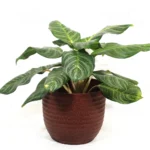
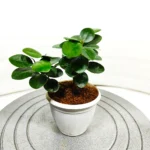
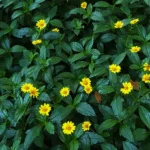
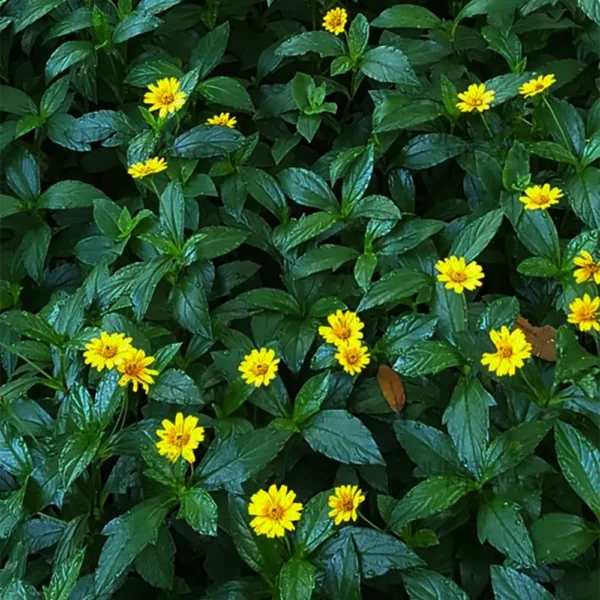
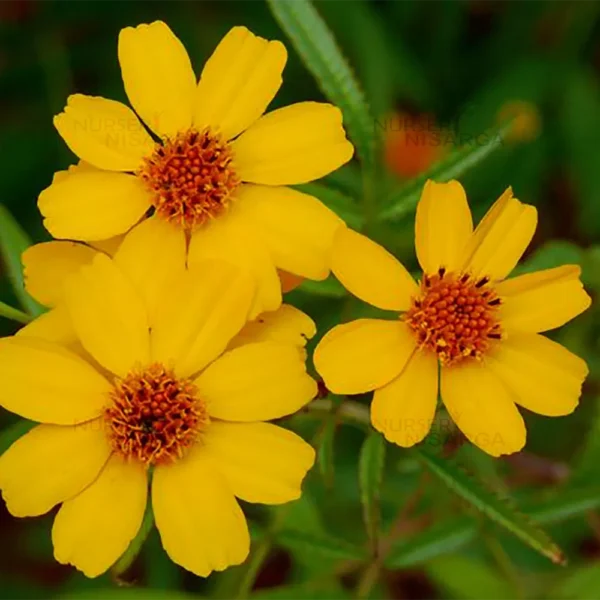
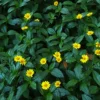
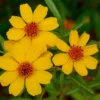
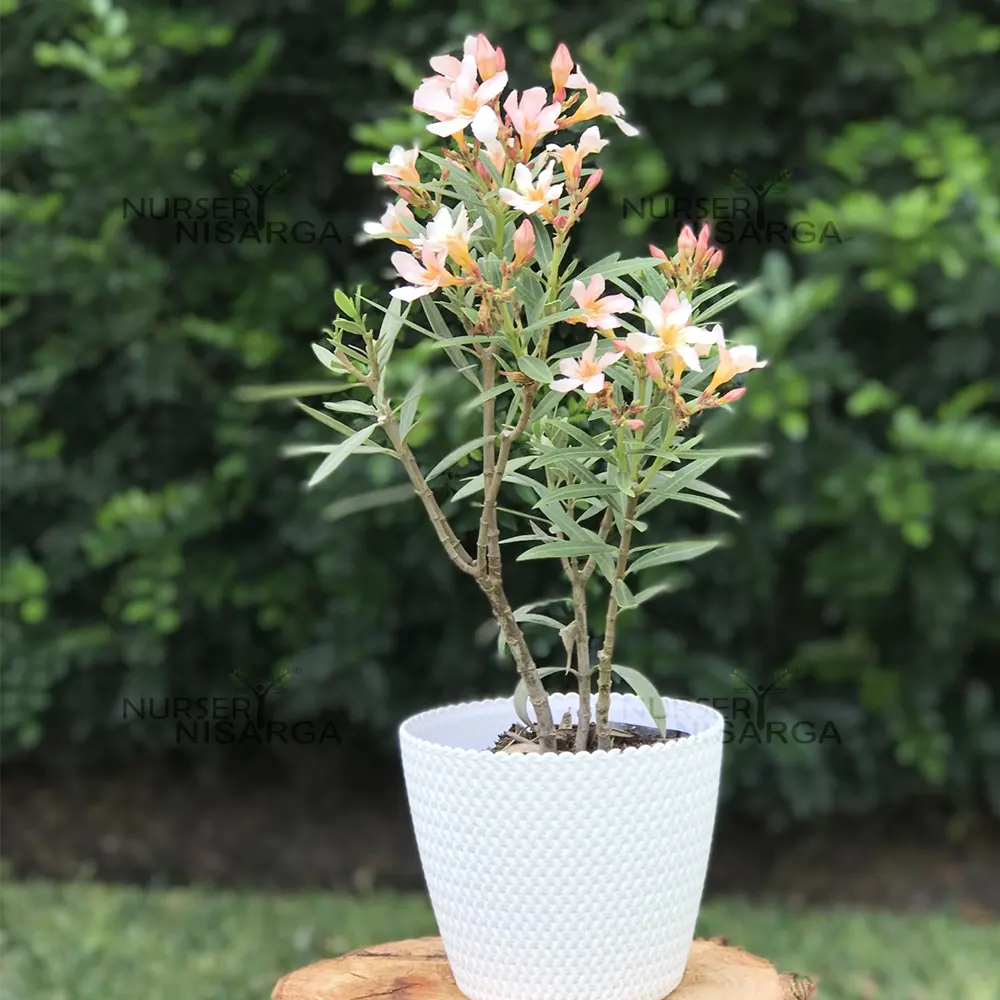
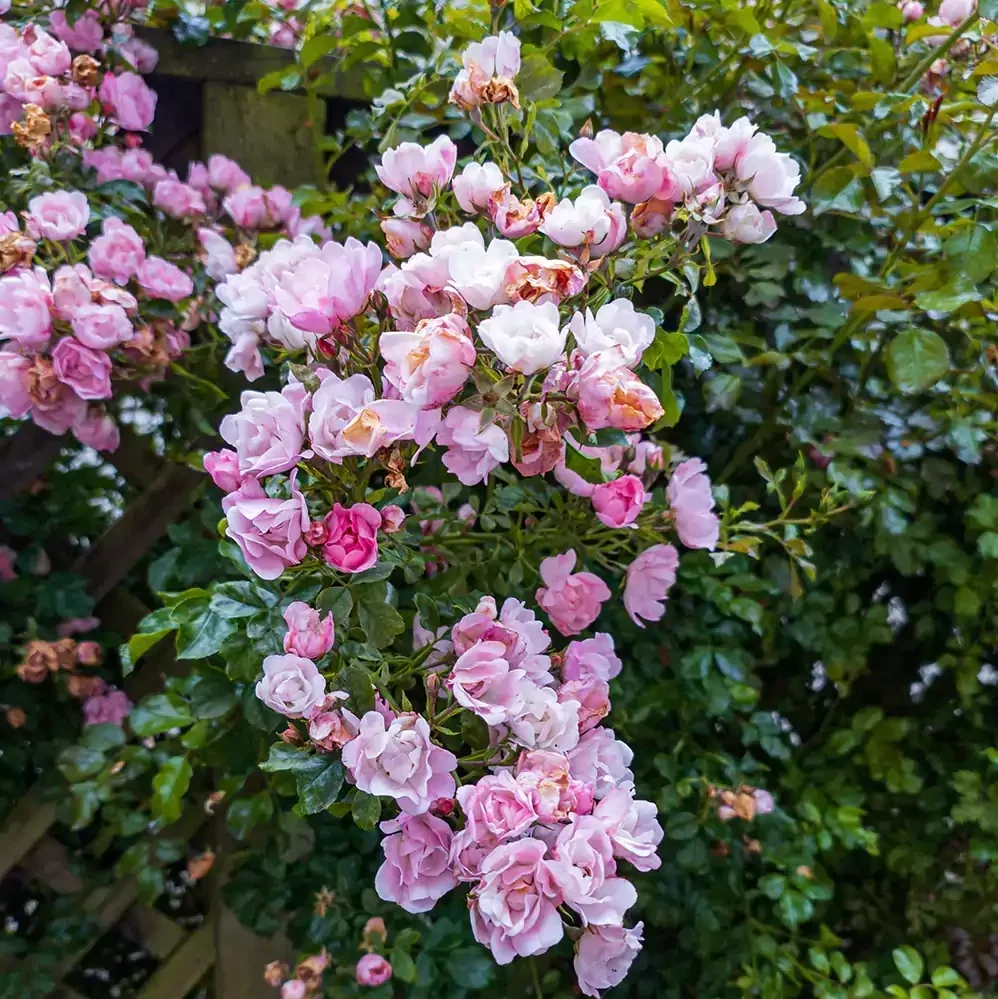
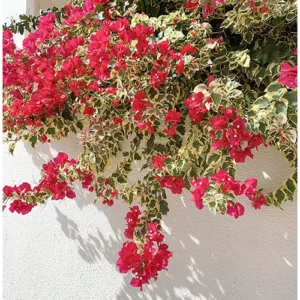
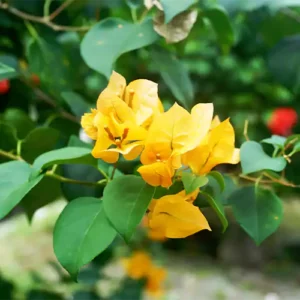
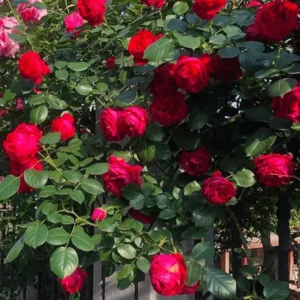
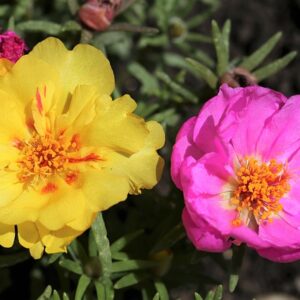
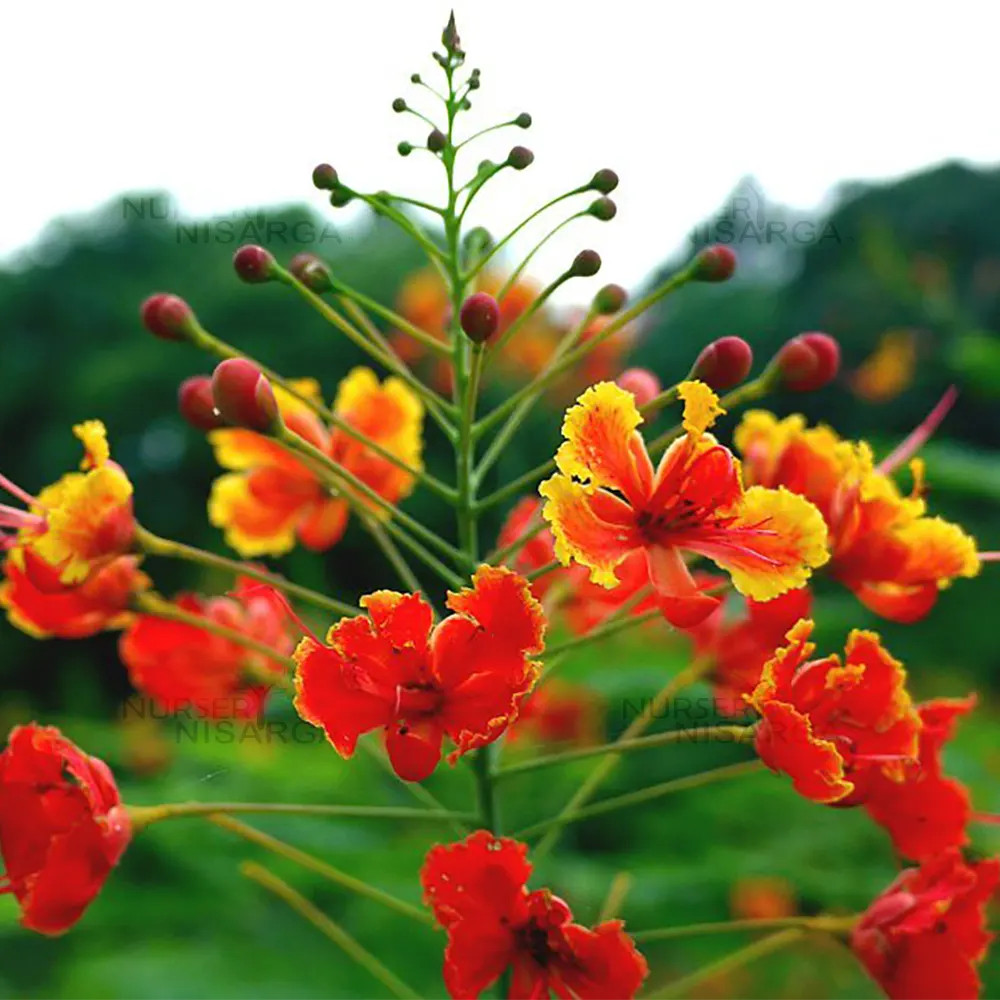
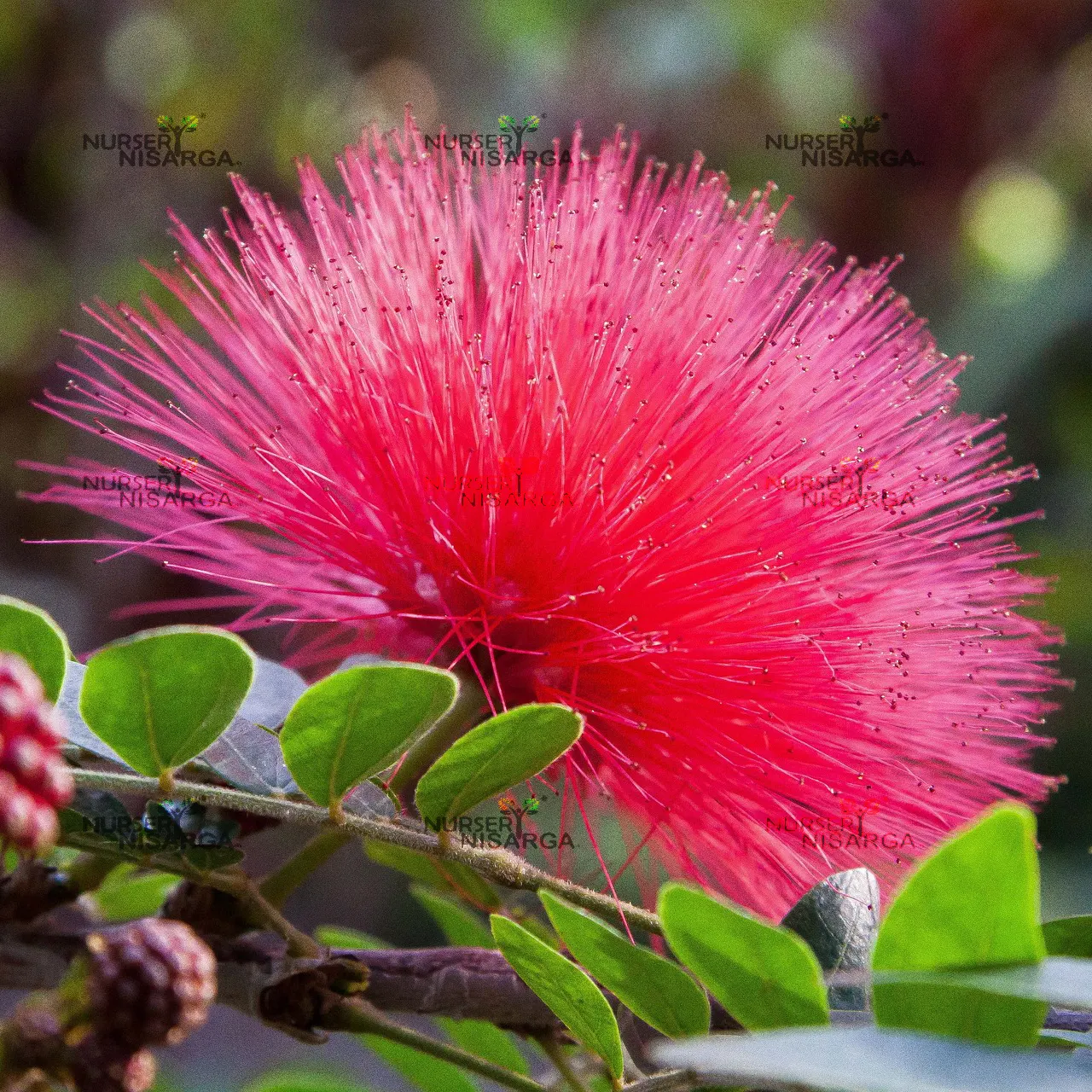
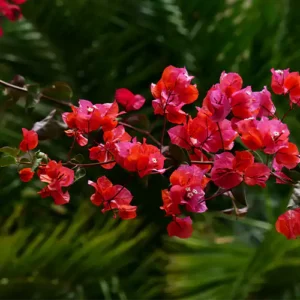
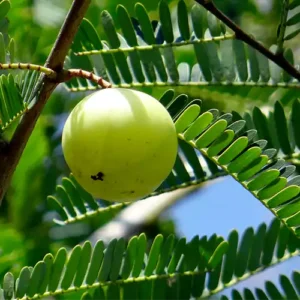
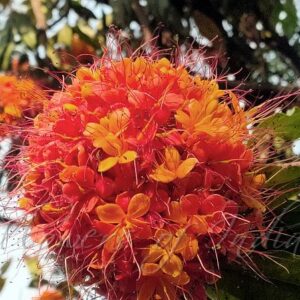
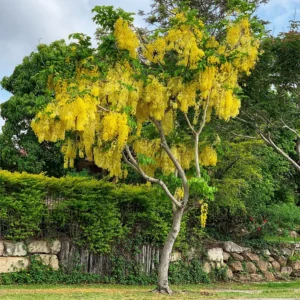
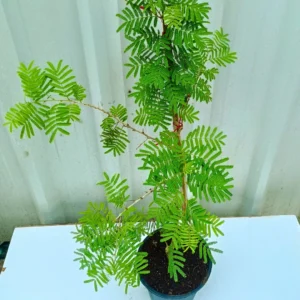
Reviews
There are no reviews yet.